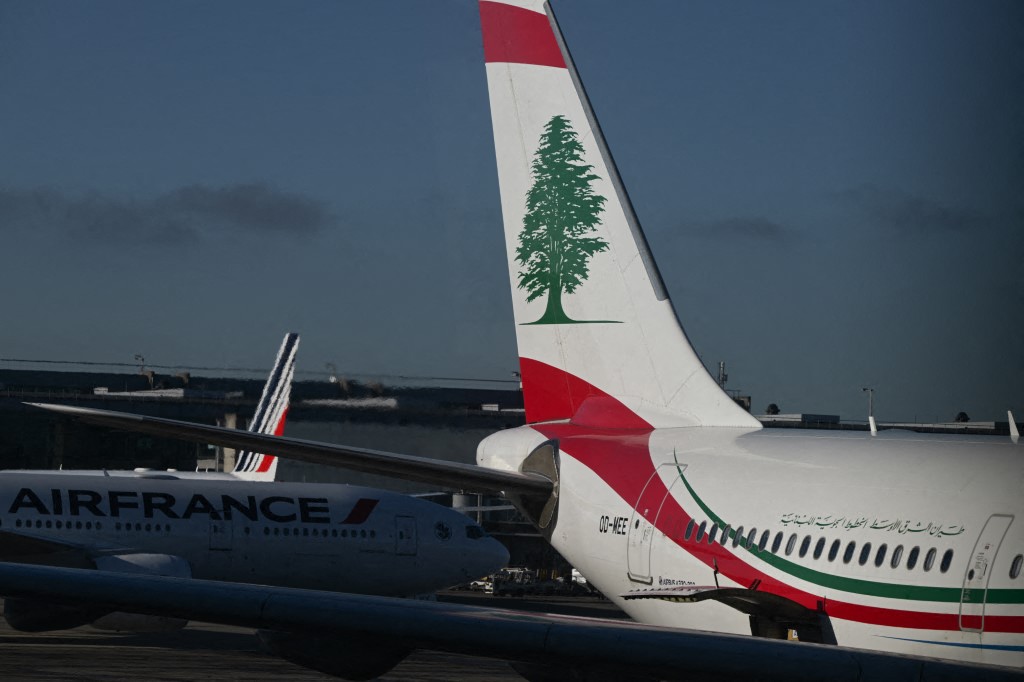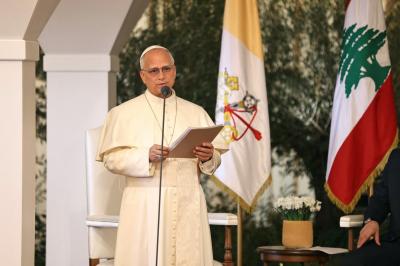In the summer of 2025, as Lebanon grapples with crippling economic turmoil and a devastating war with Israel that has caused massive human and material losses, the return of expats and tourists was expected to be a glimmer of hope — a chance to revive a shattered economy and rebuild from the rubble. But sky-high ticket prices to Beirut have sparked outrage, raising serious questions about the pricing policies of airlines, even as Lebanon urges its diaspora to return and support the homeland.
Soaring Ticket Prices
Once again, ticket prices to Beirut have hit absurd levels this summer, with round-trip fares reaching up to €1,300 in some cases — a figure beyond the means of many families, especially those with children or university students hoping to spend the holidays in Lebanon. One Lebanese expat living in Europe asked bitterly, “Are we buying a plane ticket or shares in Tesla?”
Low-cost airline Transavia listed tickets at €1,029 — without checked luggage — offering only a carry-on, “high spirits, and a toothbrush,” as one traveler joked. Adding a small suitcase, cabin luggage, and taxes could drive the price up to €1,301.
Air France fares weren’t much better, clocking in at €1,274. One frustrated customer quipped, “At that price, I expect the pilot to serve me coffee, call me ‘habibi,’ and drop me off at my mother’s doorstep.”
Lebanon’s national carrier, Middle East Airlines (MEA), also drew criticism, with tickets nearing €1,237. Despite the airline’s praised role during the war, expats are now calling on MEA to also be “exceptional” in times of peace by offering financial relief or discounts for those coming home to support their country.
A Burden on Students and Families
The steep prices are placing a heavy burden on thousands of young Lebanese abroad, particularly students who want to visit family over the summer, as well as families hoping to spend a few weeks in their homeland. “Are students expected to sell a kidney to see their mothers?” one person asked. “Should low-income families draft a business plan or take out a consumer loan just to spend two weeks at home?”
How Can We Plan in a Country So Unstable?
Some may argue that travelers should have booked earlier. But Lebanon’s volatile situation makes planning ahead nearly impossible. How can someone commit to a trip months in advance when political and security conditions shift by the day? What guarantee is there that the borders will even be open? Will the infrastructure be safe? That electricity and water are available?
A Valid Question: How Can We Help If We’re Not Wealthy?
The Lebanese expat wants to return, spend money at home, revive the economy, embrace loved ones, and celebrate life despite the scars of conflict. But many are left wondering: “How can we come back and help if we’re not rich?”
Soaring airfare has turned a homecoming into a luxury, a distant dream, rather than the welcoming embrace it ought to be.
A Call to Rethink Policies
This outcry is more than just frustration — it’s a plea to those in charge: the government, the Ministry of Tourism, airlines, and airport authorities. If Lebanon truly needs its expats and tourists, then the policies surrounding travel must be revisited to ease access, not hinder it.
Amid war, economic collapse, and crumbling infrastructure, the last thing Lebanon needs is to slam the door in the face of those who wish to help, with a plane ticket only the wealthy can afford.
Lebanon needs every expat and every tourist, not price tags that make them feel their homeland has become a dream beyond reach.
Please post your comments on:
comment@alsafanews.com
 Politics
Politics













